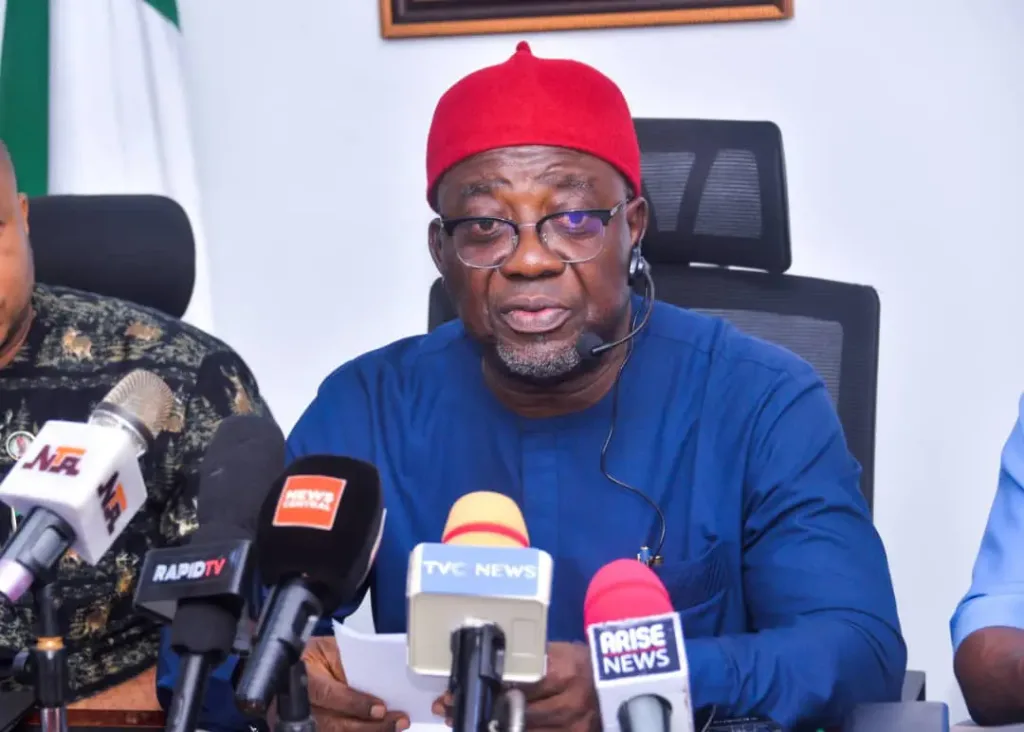Residents of Abia State in southeastern Nigeria have been reassured by local authorities that no new cases of high-concern infectious diseases, including Lassa Fever, Monkeypox, Cholera, Yellow Fever, and Diphtheria, have been recorded in recent months. The announcement followed a weekly executive council meeting chaired by Governor Alex Otti, with health officials crediting improved public hygiene practices for containing potential outbreaks.
“There have been no reported cases in the state during the period under review,” Health Commissioner Okey Kanu confirmed during a press briefing. The absence of infections comes despite ongoing concerns about disease spread in neighboring regions, with officials noting a marked increase in residents adopting preventive measures such as handwashing and sanitation. This shift, Kanu suggested, reflects broader public health campaigns aimed at curbing transmissible illnesses.
In parallel efforts to strengthen healthcare infrastructure, the state government revealed that over 1,000 applications have been received for 771 newly approved medical roles. The positions, approved by Governor Otti’s administration, span critical vacancies for doctors, nurses, pharmacists, and allied health professionals. The surge in applicants, exceeding available slots, highlights both the demand for employment in the sector and the state’s push to address staffing gaps.
Beyond health initiatives, officials announced practical steps to support marginalized groups, including the procurement of a wheelchair-accessible bus for athletes with disabilities. The move aligns with broader pledges to improve inclusivity in public services. Meanwhile, plans are underway to recognize local sports achievements: Abia-born members of Nigeria’s national women’s football team, the Super Falcons, will be formally honored by the governor later this year. The athletes, recently returned from international duty with European clubs, are among several groups slated for state-sponsored recognition.
The combined updates underscore a multipronged governance approach under Otti’s administration, balancing disease vigilance with workforce expansion and social inclusion. While health authorities remain watchful for potential outbreaks, the focus on preventive education and infrastructure investment signals efforts to sustain current progress. For now, the absence of new infections offers cautious optimism in a region often vulnerable to seasonal health crises.
